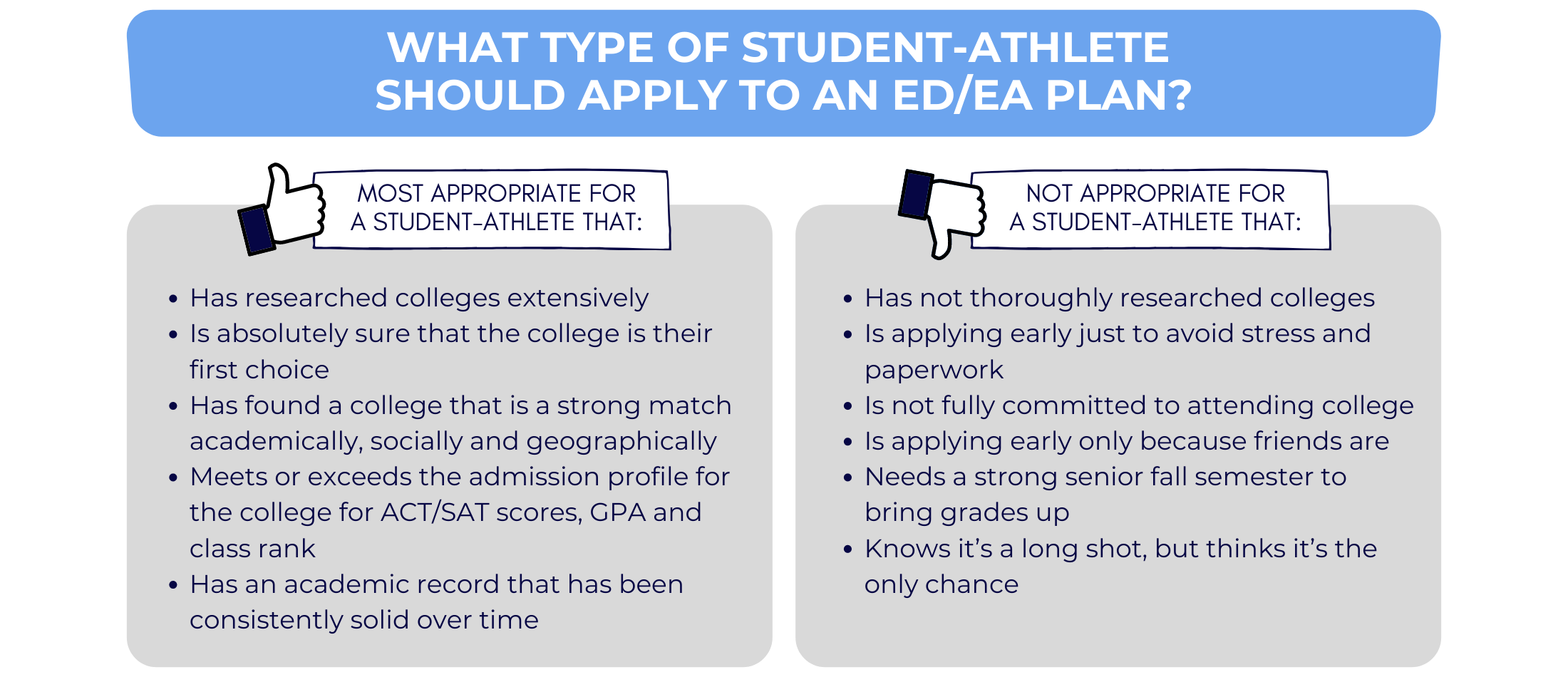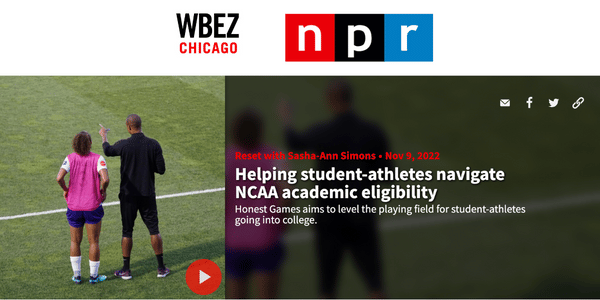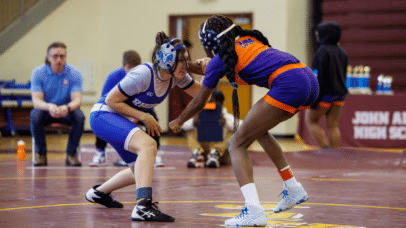Top Things Student-Athletes Need to Know About Early Action and Early Decision
Published on Jul 16, 2025

College admissions for student-athletes is a confusing and demanding process, and can require a solid understanding and hours of preparation. Beyond the regular admissions process, two increasingly popular options to consider are early decision (ED) and early action (EA).
Both options can be beneficial and student-athletes can apply regardless of athletic division levels – but there are several things you should know before making the decision.
Early Decision vs. Early Action 101
Early decision is a binding agreement and a student-athlete who is accepted as an ED applicant must attend the college. You may only apply to one early decision college, or two if there is ED1 and ED2. Early action plans are non-binding, which gives the student-athletes the option to wait to commit to college until the normal reply date of May 1 if their application is accepted early.
Approximately 450 colleges have early decision or early action plans, and some have both. Some colleges offer a non-binding option called single-choice early action, under which applicants may not apply ED or EA to any other college.
Early Decision Applicants:
- Apply early (usually in November) to first-choice college
- Ensure your teacher recommenders and counselor recommender (where applicable) are aware of your specific college’s deadlines (sometimes athletic applicant deadlines differ from the college’s standard deadlines)
- Receive an admission decision from the college well in advance of the usual notification date (usually by December)
- Agree to attend the college if accepted and offered a financial aid package
- May apply to only one college early decision
- Apply to other colleges under regular admission plans
- Withdraw all other applications if accepted by ED
- Send a nonrefundable deposit by May 1
- If you are deferred for ED, you are placed into the regular applicant pool and are no longer bound to the ED commitment
- Deferred means, they want to keep you as a potential applicant and compare you to the regular applicant pool
Early Action Applicants:
- Apply early (deadlines vary)
- Receive an admission decision early in the admission cycle (usually in January or February)
- Consider an acceptance offer; do not have to commit upon receipt
- Should apply to other colleges under regular admission
- Give the college a decision no later than the May 1 national response date
Benefits of Applying Early for Student-Athletes
For a student who has a definite first-choice college, applying early has many benefits besides possibly increasing the chance of getting in. Applying early lets the student-athlete:
- Reduce stress by cutting the time spent waiting for a decision
- Save the time and expense of submitting multiple applications
- Gain more time, once accepted, to look for housing and otherwise prepare for college
- Reassess options and apply elsewhere if not accepted
- If needed, gives more time to apply for more funding /scholarships
- It shows the coach and athletic program you are applying to, you are committed to their school
- Many college coaches heavily encourage Early Decision for their recruits because they prefer a guarantee that you are attending if they are listing you as a “recruit” with admissions
- Ensures you won’t lose your spot to another equally qualified recruit who got there first
Drawbacks of Applying Early for Student-Athletes
Pressure to decide: Committing to one college puts pressure on students to make serious decisions before they’ve explored all their options.
Reduced financial aid opportunities: Students who apply under ED plans receive offers of admission and financial aid simultaneously and so will not be able to compare financial aid offers from other colleges. For students who absolutely need financial aid, applying early can be a risky option if you don’t get an early financial read.
Time crunch for other applications: Most colleges do not notify ED and EA applicants for admission until December 15. Because of the usual deadlines for applications, this means that if a student is rejected or deferred for ED, there are only two weeks left to send in other applications. Encourage students who are applying early to prepare other applications as they wait to receive admission decisions from their first-choice college.
Senioritis: Applicants who learn early that they have been accepted into a college may feel that they have no reason to work hard for the rest of the year. Early-applying students should know that colleges may rescind offers of admission should their senior-year grades drop.
Early commitment regret: Some student-athletes may feel they committed too early to one school and wanted to weigh their options for others. Additionally, they may miss out on other potential offers.
Schedule a time to meet virtually with an Honest Game Counselor to further discuss your college application options. Set up a time to talk NOW!

Having served on the NCAA Eligibility Center High School Advisory Board and as the College Bound Student-Athlete Advisor at Evanston Township High School (Evanston, IL), Joyce has advised more than 2,000 high school student-athletes and families on academic eligibility and recruiting.




